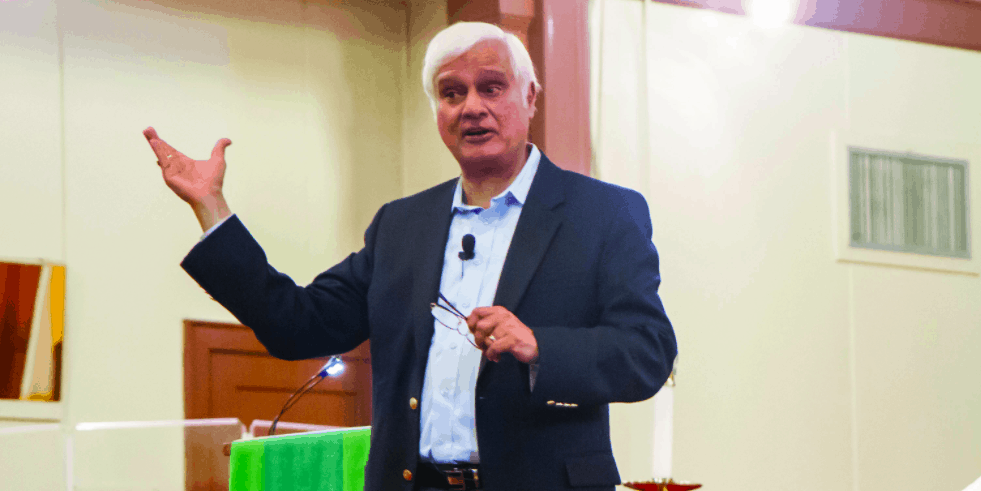In my experience in small groups, I’ve found that we as Christians tend to believe that baring a certain percentage of our innermost struggles, a piece of our souls through vulnerability, will inevitably lead to a miraculous healing, or at least a step in the right direction.
If we can achieve transparency with others, our pull toward sin ought to magically disappear, right? Yet I cycle through the same kinds of prayer (and prayer requests) week after week. And even though I knew healing wasn’t happening through this cycle, I didn’t know what else to do. In church, all I was told to do was confess and open up to others. We’re supposed to share our struggles with our small groups, right? So why wasn’t I changing?
Authenticity as a Goal
As “authenticity” has become a Christian buzzword, I believe we’ve fallen for the fallacy that authenticity is the goal rather than the means God uses to achieve his real goal for our lives on earth: transformation by way of sanctification.
We fall for that lie because it’s easier to be authentic than it is to allow the challenging work of sanctification to take place.
I grew up in the mid-to-late 90s as part of the first generation of teenagers with easy, on-demand, dial-up access to pornography. (I still remember the days it took three to four minutes for the pictures to load. Now I’m frustrated by 15-second Hulu ads, but I digress.) I was likely 13 or 14 when I saw my first pornographic image.
That “unspoken sin issue” would stay with me, on and off, for the next two decades. This is an unfortunate though common story for Christian men my age. Like a popular counseling saying goes, “98 percent of men struggle with pornography. The other 2 percent are lying.”
I tried confession, more Bible study, longer prayer times, accountability partners, Christian books and online filtering programs. I still desired to look at porn, even after long bouts of sobriety. Viewing pornography was a perpetual though infrequent sin for me, always lurking in the shadows and beckoning me with its glowing screen and false sense of intimacy.
Though I wanted to change and had been authentic with others whom I trusted about my desire to change, I never changed until I became as authentic as I could muster: during a marital counseling group session when I confessed my continued use of porn to my wife.
She was devastated, as she rightly should have been.
Godly Sorrow
However, my confession isn’t what “sobered me up.” Rather, it was the disappointment, hurt, confusion and sadness on her face that I will never forget. It wasn’t until I connected with my wife’s sorrow over my sin that I actually experienced godly sorrow for what I’d allowed to fester in my life for far too long.
Godly sorrow led me to repentance, and I, praise God, no longer have a taste for pornography.
As a clinician, I understand and see the power of authenticity on a daily basis, but authenticity alone is incomplete. We must pair it with godly sorrow to experience true and lastly repentance. Distaste for sin begins with a brokenness over our sin.
Remember, “Godly sorrow brings repentance that leads to salvation” (2 Corinthians 7:10). The next time you have an opportunity to confess, understand that you are the perpetrator and your sin is hurting someone else — and often someone who’s close to you.
Victimless sins don’t exist. Your sin resulted in Christ sacrificing himself on the cross, and more than likely your sin is hurting some — if not all — of your relationships — especially the unspoken, hidden sins.
Seek to be authentic as a means to an end. The actual end is repentance that leads to sanctification and subsequent salvation, and godly sorrow for your actions is paramount in this equation. Connect with that sorrow. Move toward it. You must experience that sadness before repentance can take place. And you must repent before lasting change takes deep root in your heart.























